Why Is Caprylyl Glycol Good For The Skin?
Discover the subtle efficacy of caprylyl glycol, which nurtures the skin and provides a healthier, radiant look.
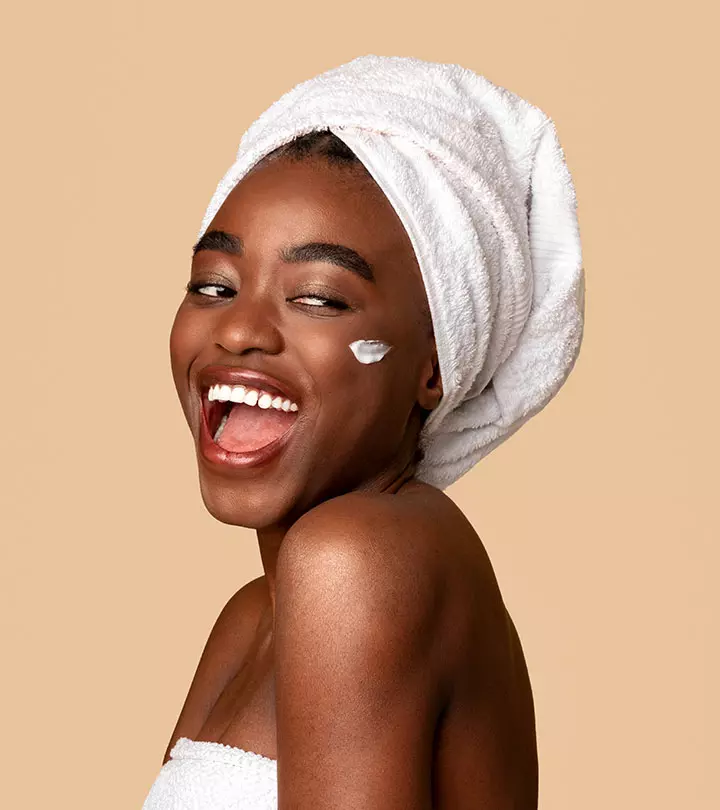
Image: Shutterstock
A lot of your skin concerns can be addressed by proper moisturization and care. Caprylyl glycol is one of the skin care ingredients for skin hydration. You might have noticed this name on the ingredients list and got confused with yet another drying alcohol. In reality, caprylyl glycol is a humectant. It is an alcohol-derivative of caprylic acid, which is naturally present in coconut oil.
Read on to know more about caprylyl glycol, its benefits, and how to use it.
In This Article
What Is Caprylyl Glycol?
Caprylyl glycol (or 1,2-octanediol) is an alcohol derivative of caprylic acid, a fatty acid found in coconut and palm kernel oils. Though it is an alcoholic derivative, it does not harm your skin but keeps it moisturized (1). It is a colorless liquid, has a neutral fragrance, and is produced synthetically for commercial and cosmetic uses.
Caprylyl glycol is widely used in skin care products because it works as a humectant and a natural preservative. It increases the shelf life of products and has several other benefits.
Key Takeaways
- Caprylyl glycol is an alcohol derivative of caprylic acid, a fatty acid found in coconut and palm kernel oils and is used as an alternative to parabens in skincare products.
- Caprylyl glycol works as a humectant and is a natural preservative. It helps in moisturizing the skin and against prevention of the microbial growth in the products.
- It is safe on the skin and does not cause skin sensitivity.
Benefits Of Caprylyl Glycol For Skin
1. Moisturizes The Skin:
Caprylyl glycol is a humectant that pulls water from the dermis (second layer) to the epidermis (top layer) or from the atmosphere to your skin to keep it moisturized (2). Moisturized skin appears plump, smooth, soft, and youthful (with minimal fine lines).
2. Preserves Your Skin Care Products: It works as an excellent preservative because of its antimicrobial properties (2). This derivative of caprylic acid benefits your skincare products by increasing their shelf life. It is a better alternative to chemical preservatives.
3. Improves Product Texture:The amphiphilic (water-loving and fat-loving) nature of caprylyl glycol increases the product’s spreadability, which aids in product application and proper absorption of the ingredients by your skin.
 Pro Tip
Pro TipIf you are wondering about the skin safety of caprylyl glycol, read the next section.
Is Caprylyl Glycol Safe? Are There Any Side Effects?
Yes. According to the Cosmetic Ingredient Review Expert Panel, caprylyl glycol is safe to be used in skin care products (3). A study shows that products containing caprylyl glycol do not cause any skin sensitivity (4).
In addition, caprylyl glycol acts as a supporting ingredient in a product and is diluted before use. Therefore, the chances of side effects are very minimal. It may irritate the skin if used in high concentrations (which is usually not done).
Note: If you have sensitive skin or any existing skin condition, do a patch test before using it.
Caprylyl glycol is often misunderstood as it belongs to the glycol family. Many believe that glycols are sensitizers. But, the fact is, glycols are a broad class of chemicals, and each individual chemical has a unique chemical structure and property. Not all glycols irritate the skin.
 Quick Tip
Quick TipIn the next section, we will understand how to use caprylyl glycol.
How To Use Caprylyl Glycol
Caprylyl glycol works well with all skin types and is commonly used in:
- Moisturizers
- Eye creams
- Sunscreen
- Serums
You can check the ingredients list of the product and use it as per the manufacturer’s instructions.
Caprylyl glycol is one of the best ways to moisturize and rejuvenate your skin. It is widely used across cosmetic products as an emollient and to increase the products shelf life. Caprylyl glycol’s amphiphilic property allows better application and absorption of other cosmetic products. In moderate quantities, caprylyl glycol is safe for application and has lower chances of causing skin irritation. You can choose moisturizers, creams, or lotions with caprylyl glycol for skin hydration and rejuvenation. People with sensitive skin should conduct a patch test before application.
Frequently Asked Questions
Is caprylyl glycol fungal acne safe?
According to anecdotal evidence, caprylyl glycol is effective for fungal acne. The compound seems to have a mild antibacterial effect and lowers your chances of skin infection. It is usually considered safe when applied topically.
Is caprylyl glycol a silicone?
No, caprylyl glycol is not a silicone. It is an alcohol derived from caprylic acid, a fatty acid found in coconut and palm kernel oils.
Is caprylyl glycol similar to propylene glycol?
When you hear the word “glycol,” you might recall hearing that propylene glycol, a possibly toxic byproduct found in antifreeze and some foods, is potentially dangerous. So, you should use propylene glycol for the skin with caution. However, while some glycols are potentially harmful and should not be used topically in any skin care product, caprylyl glycol is not one of them.
Watch this video for a better understanding of caprylyl glycol and its mode of action. Unravel why this ingredient is a skin care superhero and used in most beauty products. Play now to know more.
References
Articles on StyleCraze are backed by verified information from peer-reviewed and academic research papers, reputed organizations, research institutions, and medical associations to ensure accuracy and relevance. Read our editorial policy to learn more.
- Octanoic Acid
https://pubchem.ncbi.nlm.nih.gov/compound/Octanoic-acid - Self-preserving cosmetics
https://onlinelibrary.wiley.com/doi/10.1111/j.1468-2494.2009.00492.x - Safety Assessment of 1 2-Glycols as Used in Cosmetics
https://journals.sagepub.com/doi/10.1177/1091581812460409 - Safety of a preservative system containing 1 2-hexanediol and caprylyl glycol
https://www.tandfonline.com/doi/full/10.1080/15569520802636082 - Evening Primrose Oil For Skin: Acne Management, Benefits, And Usage
- This Is Why You Need Hypochlorous Acid For Your Skin
- Beta-Glucans For Skin: Why They Are A Must-Have For Your Skin
- Hazelnut Oil For Skin: Benefits And How To Use
Read full bio of Dr. Meena Konada
Read full bio of Swathi E
Read full bio of Eshna Das
Read full bio of Monomita Chakraborty






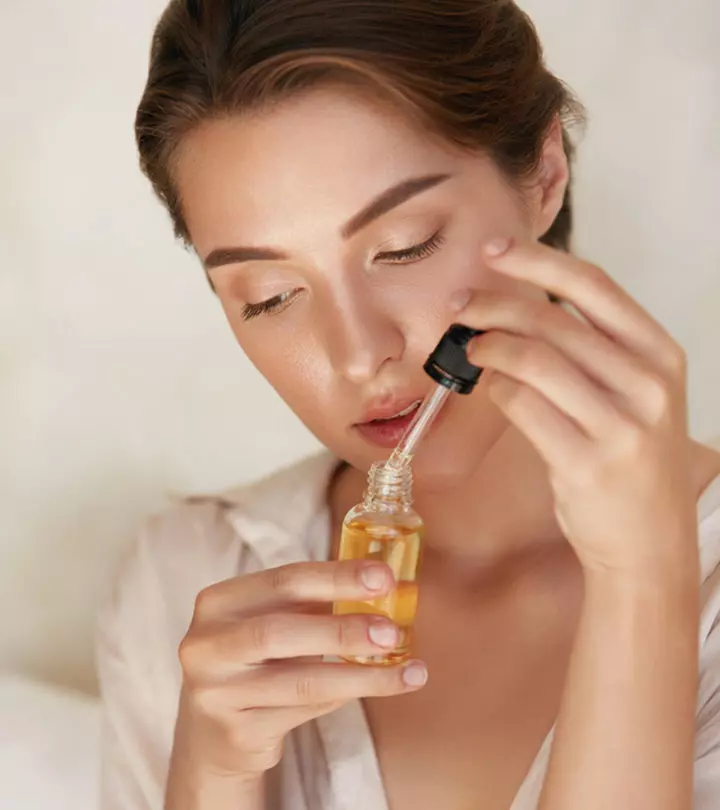
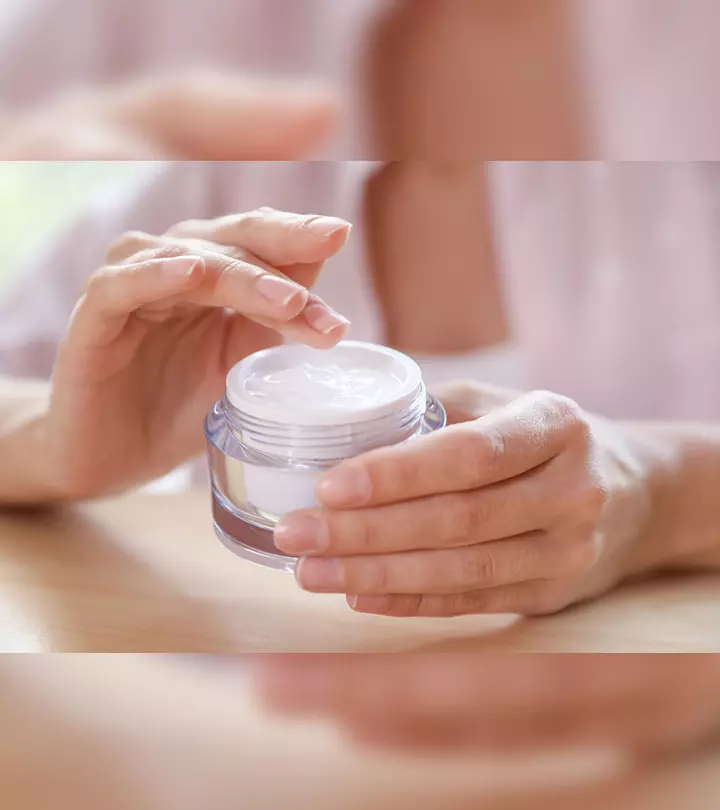
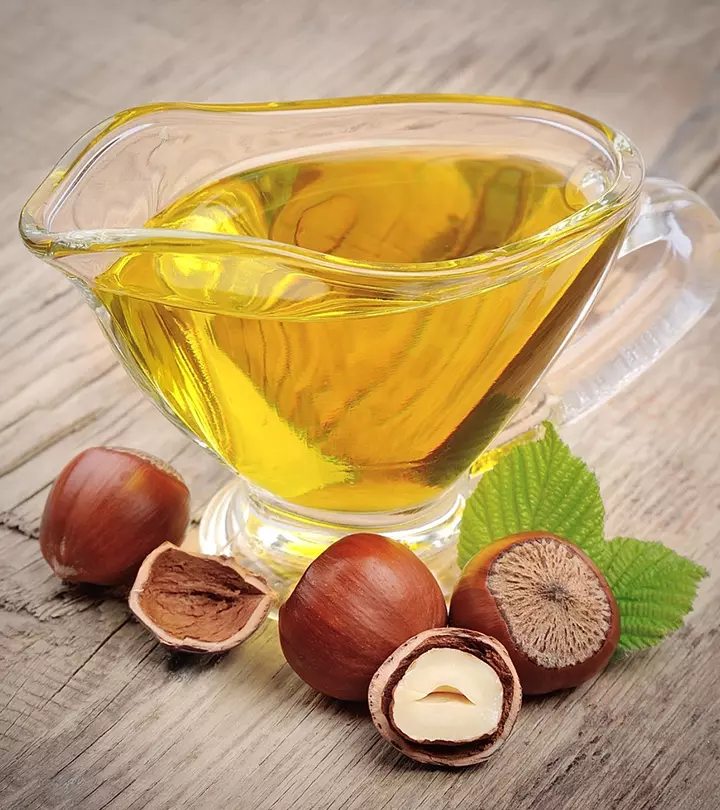
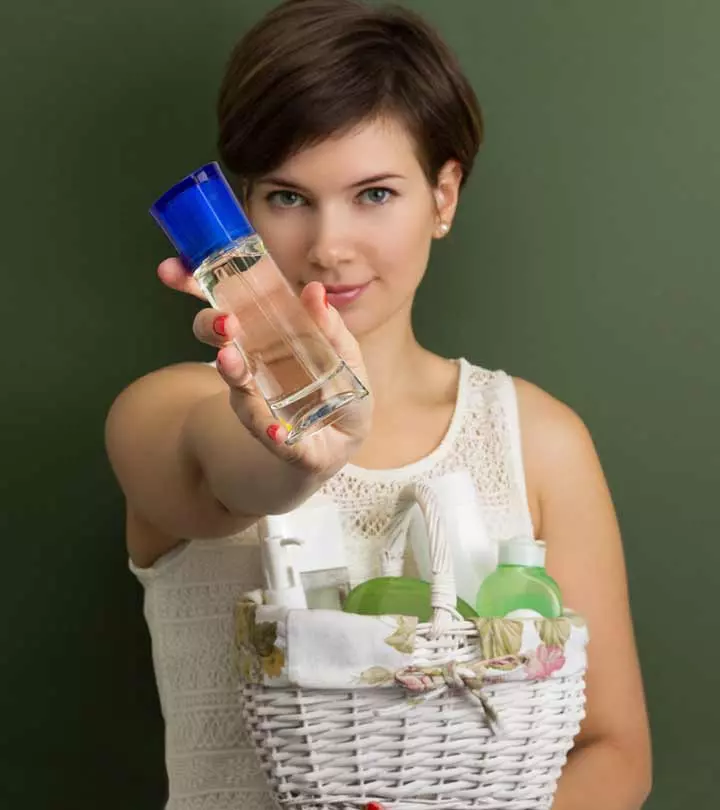
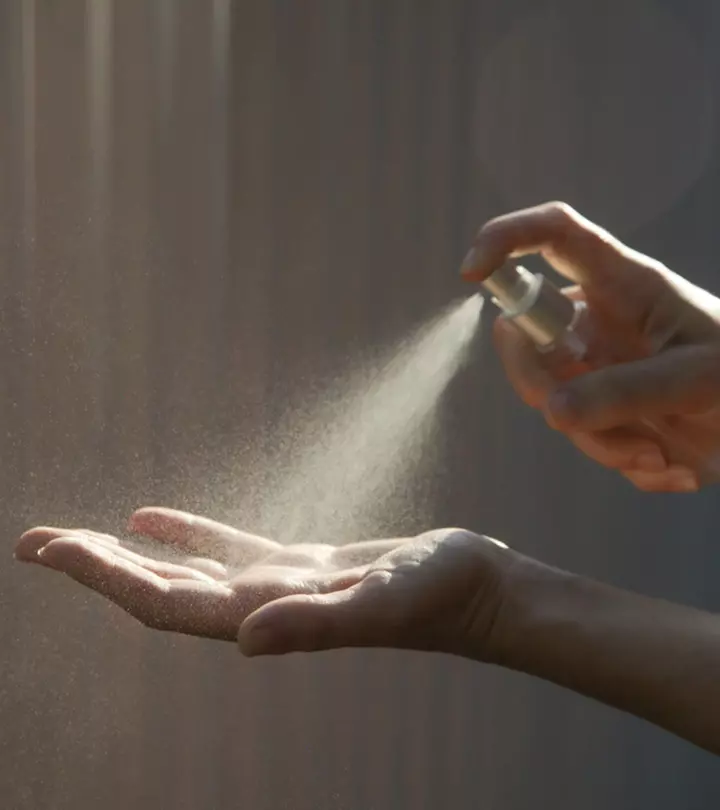
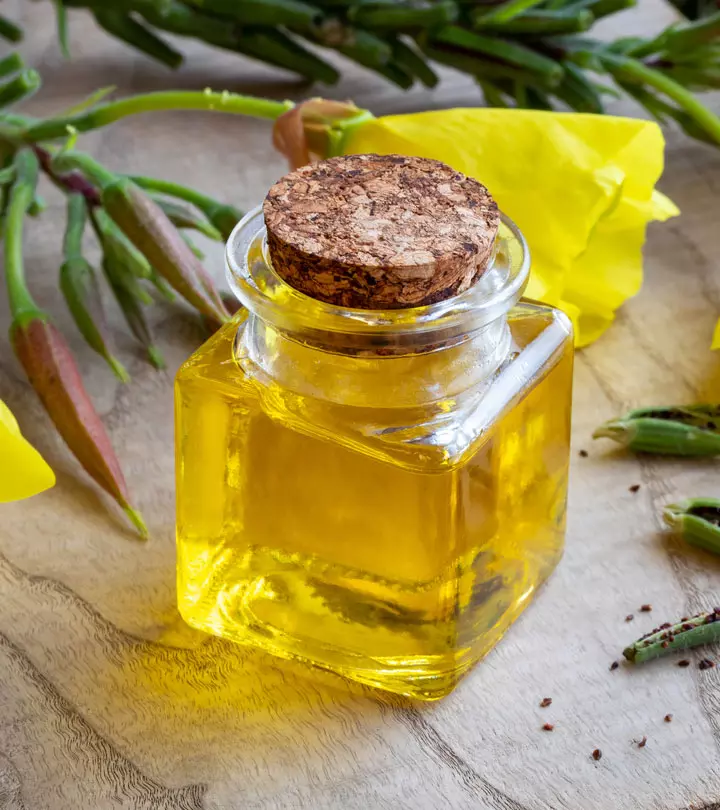
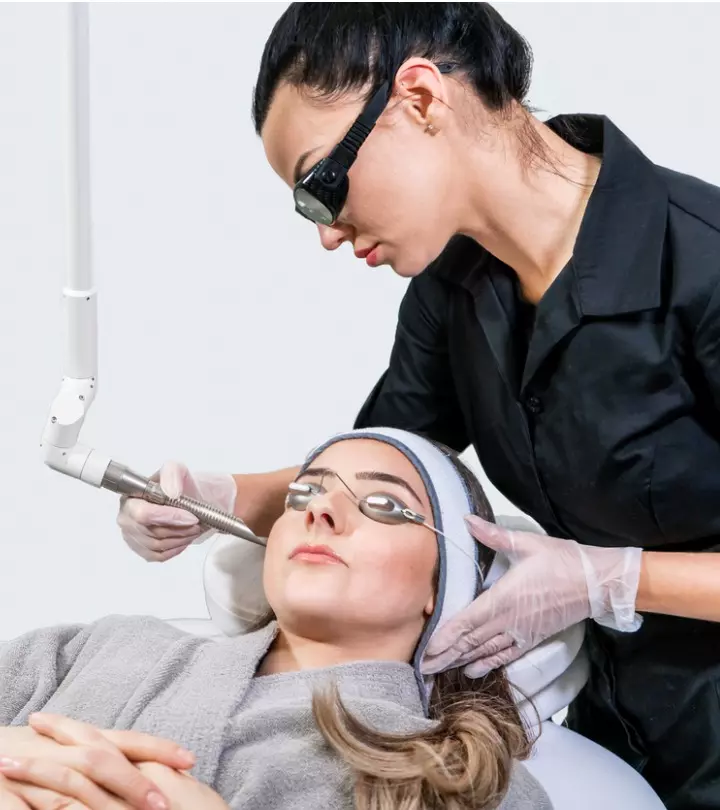
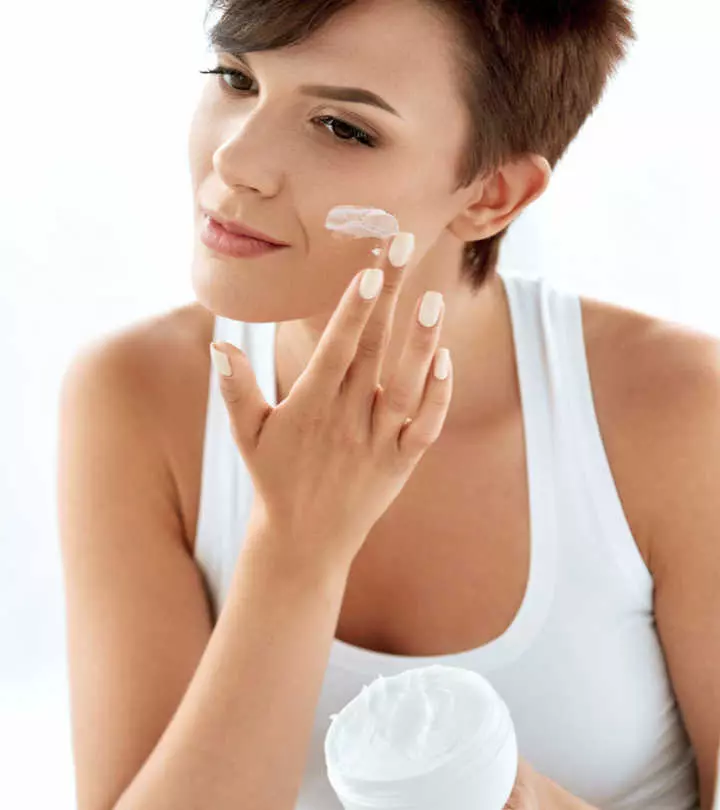


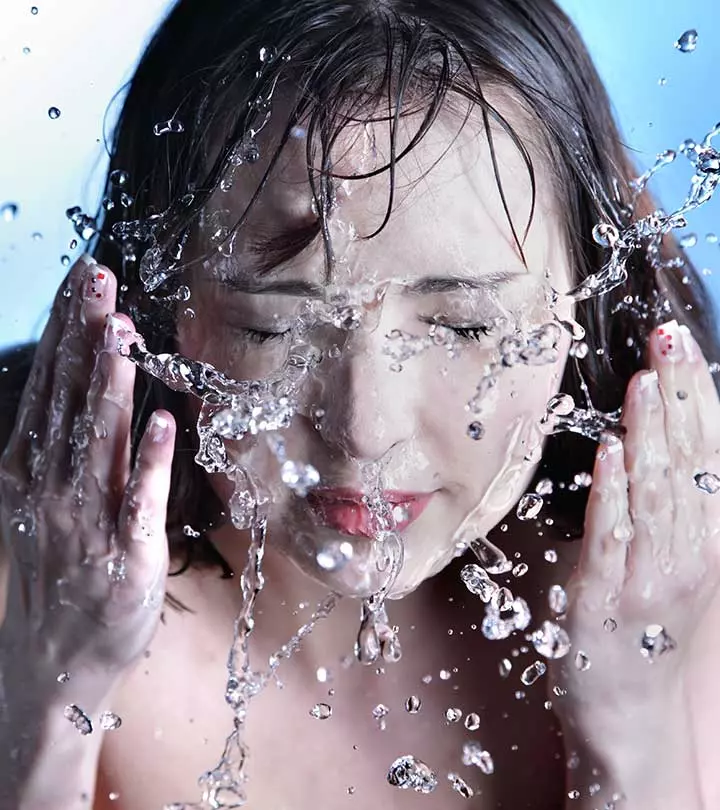
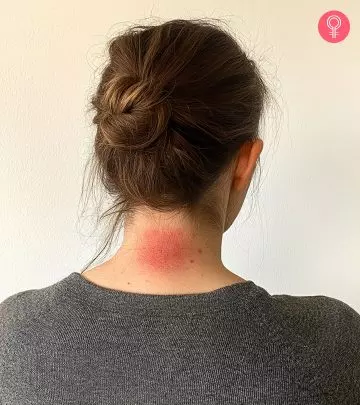
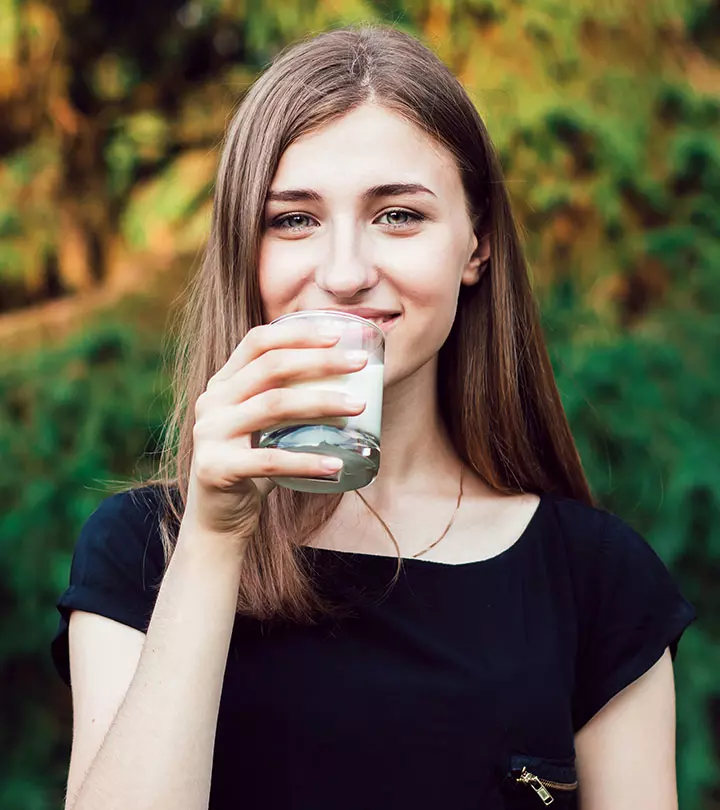
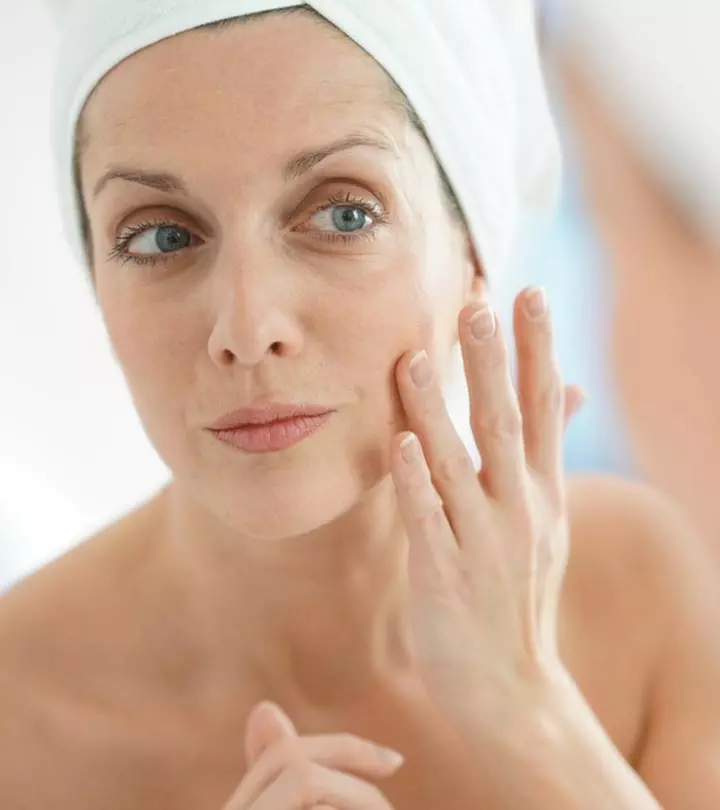
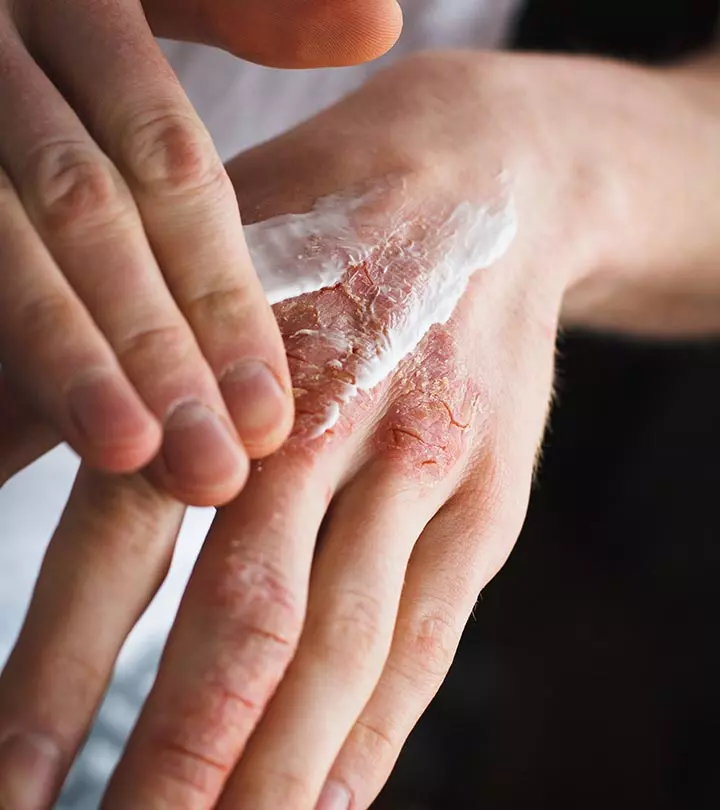
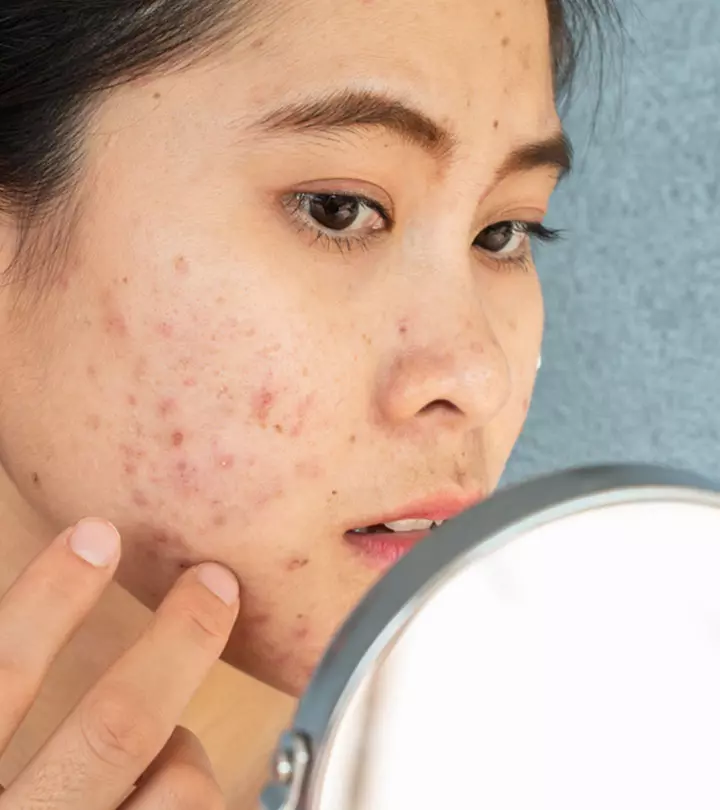
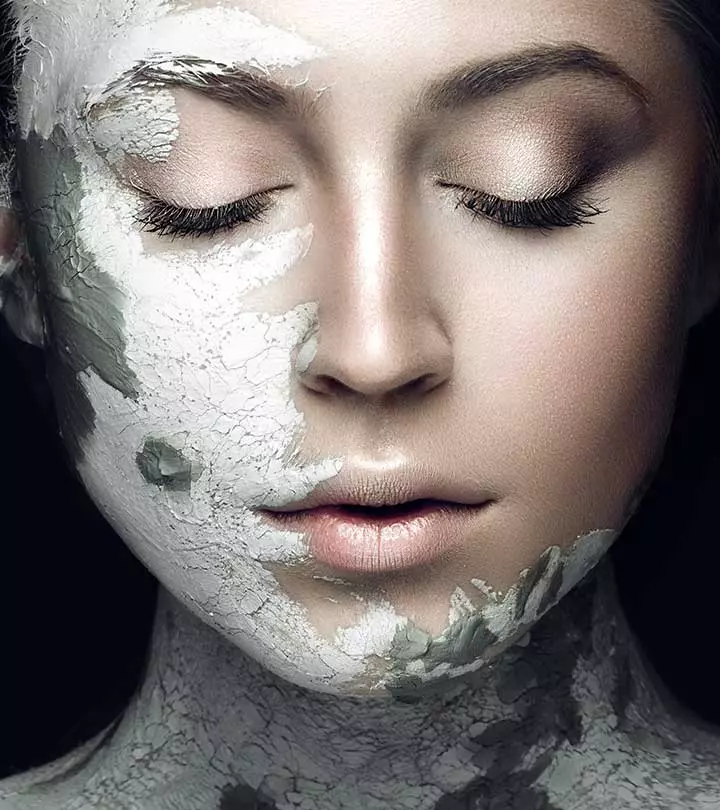
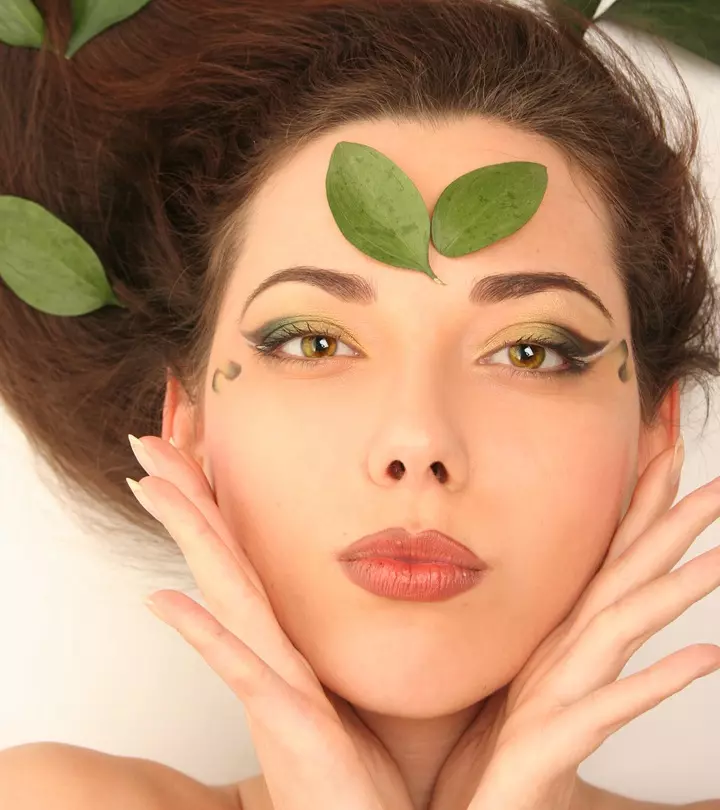
Community Experiences
Join the conversation and become a part of our empowering community! Share your stories, experiences, and insights to connect with other beauty, lifestyle, and health enthusiasts.